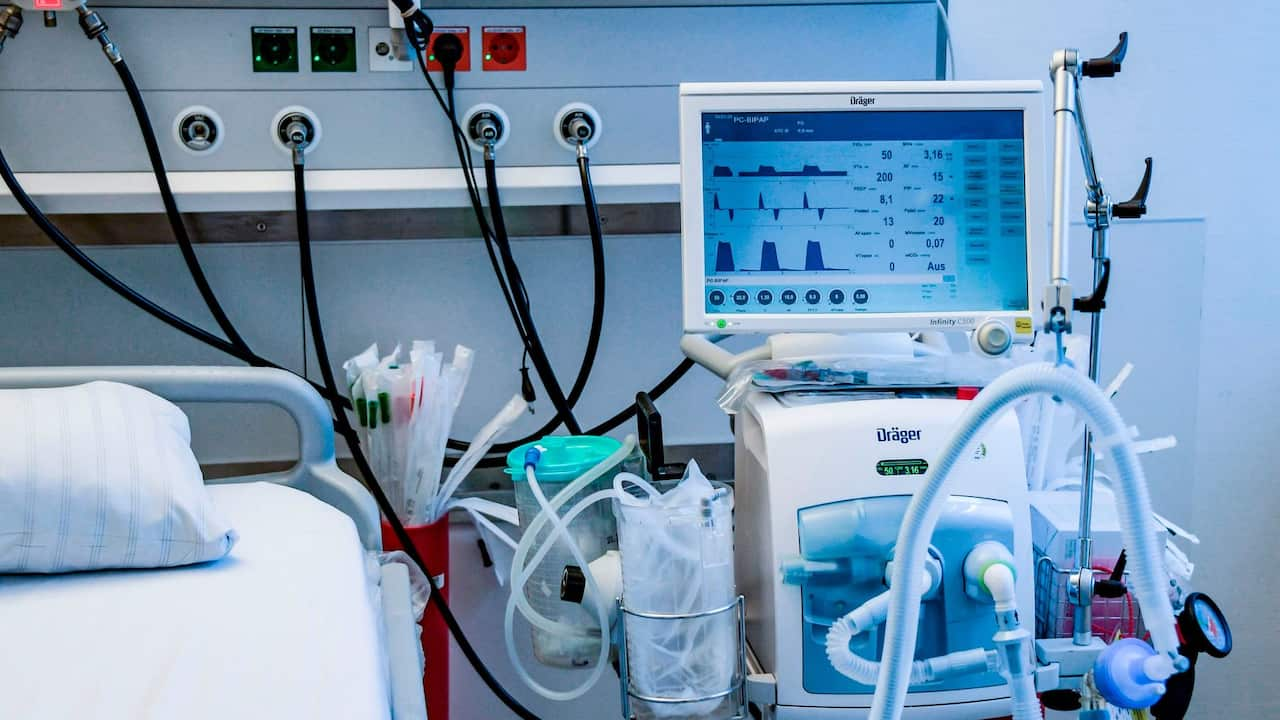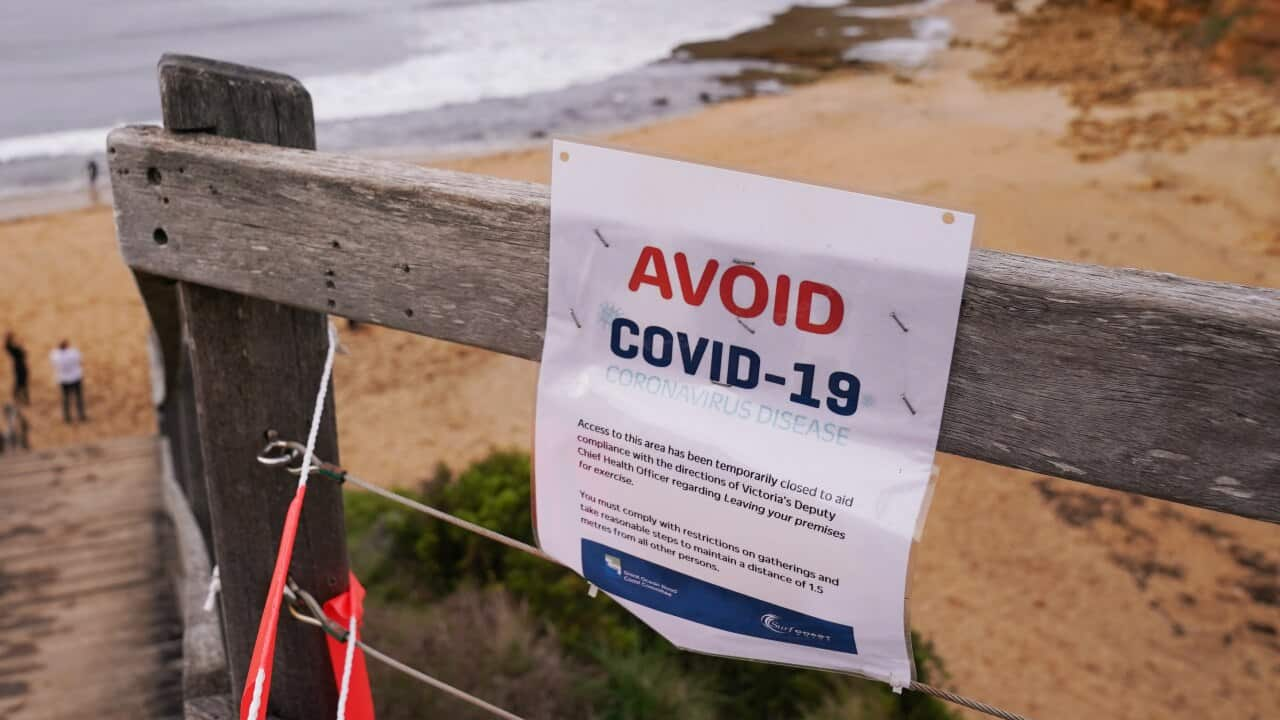The coronavirus pandemic is unlikely to be crushed by a one-off lockdown with a new study finding social distancing measures could be intermittently needed until 2022.
A team of Harvard scientists has used computer simulations to model how COVID-19 is likely to spread in the United States.
Lead author Stephen Kissler said the simulations found a one-off lockdown was unlikely to prevent hospitals being swamped with infected patients.
“What seems to be necessary in the absence of other sorts of treatments are intermittent social distancing periods,” he told reporters.
The duration and intensity of lockdowns can be relaxed as treatments and vaccines become available.
But in their absence, on and then off distancing would give hospitals time to increase critical care capacity to cater for the surge in cases that would occur when the measures are eased.
"By permitting periods of transmission that reach higher prevalence than otherwise would be possible, they allow an accelerated acquisition of herd immunity," said co-author Marc Lipsitch.
University of Melbourne epidemiologist Kathryn Snow said the research proved the value of social distancing.
“It makes clear the same thing that our modellers in Australia said the other day – if you relax social distancing without a vaccine, the virus will take off in a shot,” Dr Snow told SBS.
“What this shows is the idea of completely switching off social distancing is not good. The next step is figuring out if there are certain things we can relax, and what impact that might have.”
Get ready for the 'second wave'
Conversely, too much social distancing without respite can be a bad thing, the paper found.
Under one modelled scenario "the social distancing was so effective that virtually no population immunity is built".
The authors acknowledged a major drawback in their model was how little we currently know about how strong a previously infected person's immunity is and how long it lasts.
At present the best guesses based on closely-related coronaviruses are that it will confer some immunity, for up to about a year.

There might also be some cross-protective immunity against COVID-19 if a person is infected by a common cold-causing betacoronavirus.
The team said it was highly unlikely that immunity will be strong enough and last long enough that COVID-19 will die out after an initial wave, as was the case with the SARS outbreak of 2002-2003.
University of Edinburgh epidemiologist Mark Woolhouse said the paper was an "excellent study".
"It is important to recognise that it is a model. It is consistent with current data but is nonetheless based on a series of assumptions - for example about acquired immunity - that are yet to be confirmed."
People in Australia must stay at least 1.5 metres away from others and gatherings are limited to two people unless you are with your family or household.
If you believe you may have contracted the virus, call your doctor (don’t visit) or contact the national Coronavirus Health Information Hotline on 1800 020 080. If you are struggling to breathe or experiencing a medical emergency, call 000.
SBS is committed to informing Australia’s diverse communities about the latest COVID-19 developments. News and information is available in 63 languages at sbs.com.au/coronavirus.

